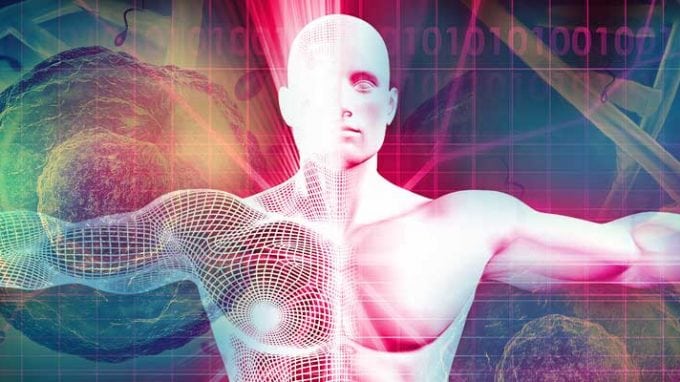The behavior of a person’s genes does not solely rely on the gene’s DNA sequence. It is also affected by epigenetic changes. Epigenetic changes are potentially heritable alterations in gene activity and expression that do not involve changes to the DNA sequence. This means that there is a change in the phenotype without a corresponding change in the genotype and this affects the way body cells read the genes. Epigenetic changes have a role to play in a variety of human diseases and disorders, including male and female fertility. This article will look into the causes of epigenetic changes during conception, their effects on offspring as well as male productivity and how you can treat or prevent them.
Causes of epigenetic changes
Epigenetic processes are natural and essential to the functioning of the body. For example, they are the reason why the skin cell looks different from the muscle cell or the brain cell. The skin, brain and muscle cells contain the same DNA, but their genes are expressed differently through epigenetic factors. The result is different cell types that are all critical to the functioning of the body. However, when epigenetic changes occur improperly due to influence by certain factors, they can cause adverse health and behavioral effects in individuals.
The genes are sensitive to the environment in which they are exposed. This means that genes can change the way they are expressed based on the environmental conditions around them. The factors that a mother exposes herself to during the preconception and conception period can have an effect on the baby’s genes. Health and lifestyle factors such as antioxidant status, the availability of macro and micronutrients, diet, smoking, alcohol, stress, place of residence and sleeping patterns can influence the environment in which the egg and sperm grow and develop. This will result in positive or negative epigenetic changes.
Significance of epigenetic changes
Epigenetic factors control genes in the body and they are the reason why individuals are different and unique regarding their behavior and appearance. They make some people have dark skin while others light skin. It is because of epigenetic changes that some individuals are more sociable than others; some hate certain foods while others love them, and so on.
Similarly, epigenetic changes are responsible for certain illnesses and disorders based on the kind of environment that the genes were exposed to during conception. Scientists have associated epigenetic changes with particular types of cancers. Similarly, conditions such as diabetes, obesity, mental retardation and syndromes involving chromosomal instabilities have been linked to epigenetic changes in the body. The changes turn on or activate certain genes and turn off others; hence, the behavioral, lifestyle and health implications on individuals.
Epigenetic changes and male fertility
Male infertility is a common problem today where both genetics and epigenetic factors play a role. Studies indicate that the human productivity problems are experienced in every one in 20 men today. One of the potential causes of productivity in males is the aberrant epigenetic reprogramming in the male cells that can cause abnormalities in the sperm cell. This is due to exposure to certain factors such as environmental toxicants, chemicals that affect hormones, stress, alcohol consumption, diet, old age and weight issues. All these factors contribute largely to changes in the gene expression which can lead to diminished sperm count, human productivity problems or adverse health outcomes in the offspring.
How to prevent adverse epigenetic changes

By avoiding certain issues such as stress, smoking, alcohol consumption and adopting a proper diet with the intake of macro and micronutrients and maintaining a healthy, stress-free lifestyle, one can induce positive epigenetic changes in their offspring. They can also avoid certain illnesses and health disorders associated with adverse epigenetic variations in the body.
It is evident that epigenetic changes have a significant role to play in determining fertility, health, behavioral and lifestyle patterns in individuals. Healthy diet and lifestyle factors can positively influence your DNA that is set to become your future offspring.




